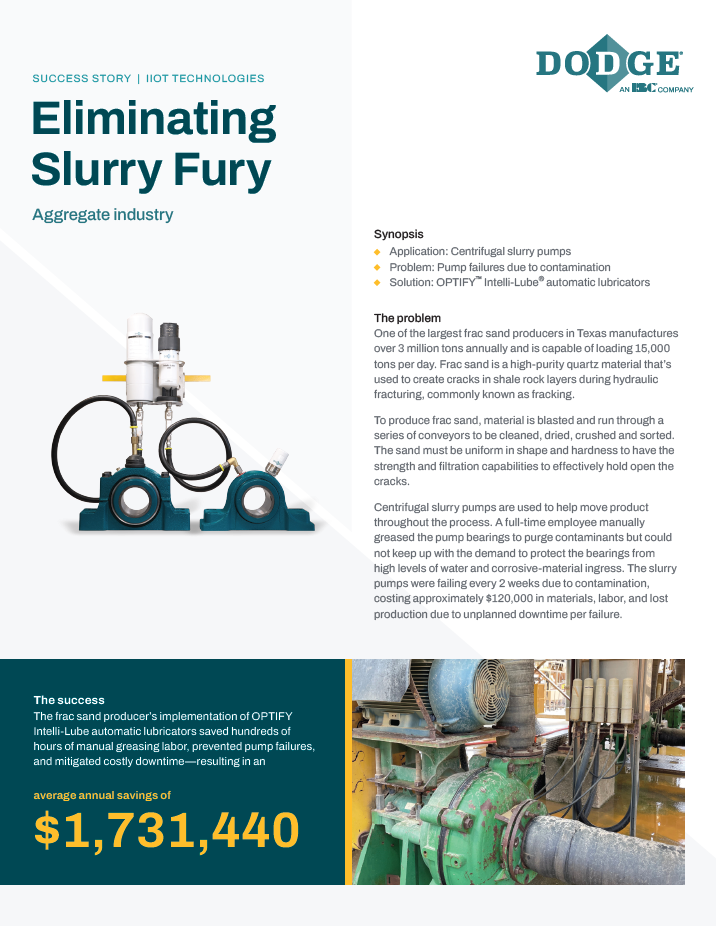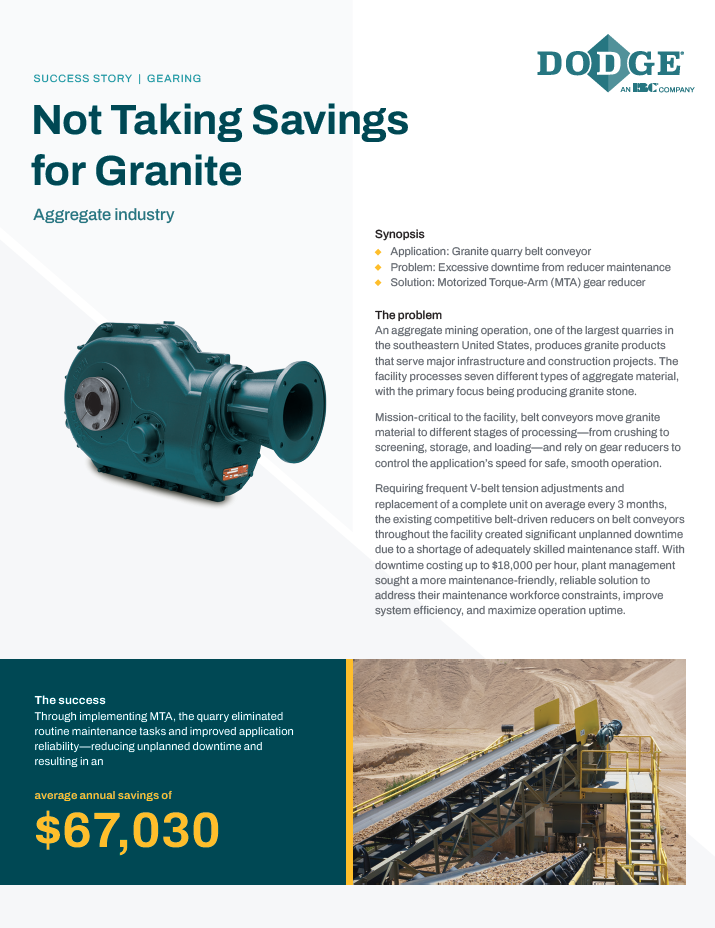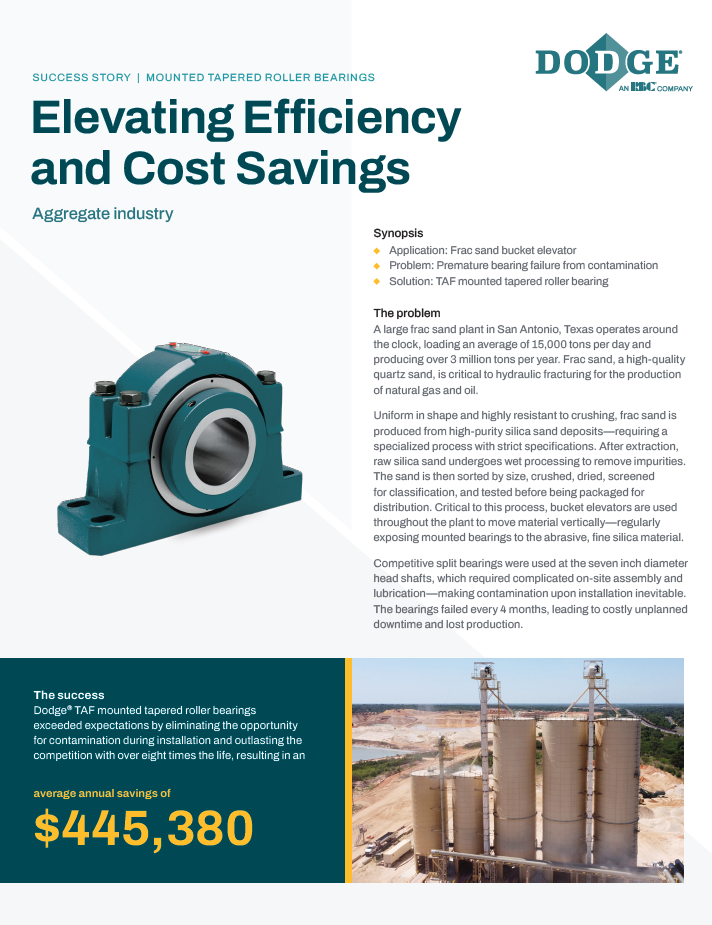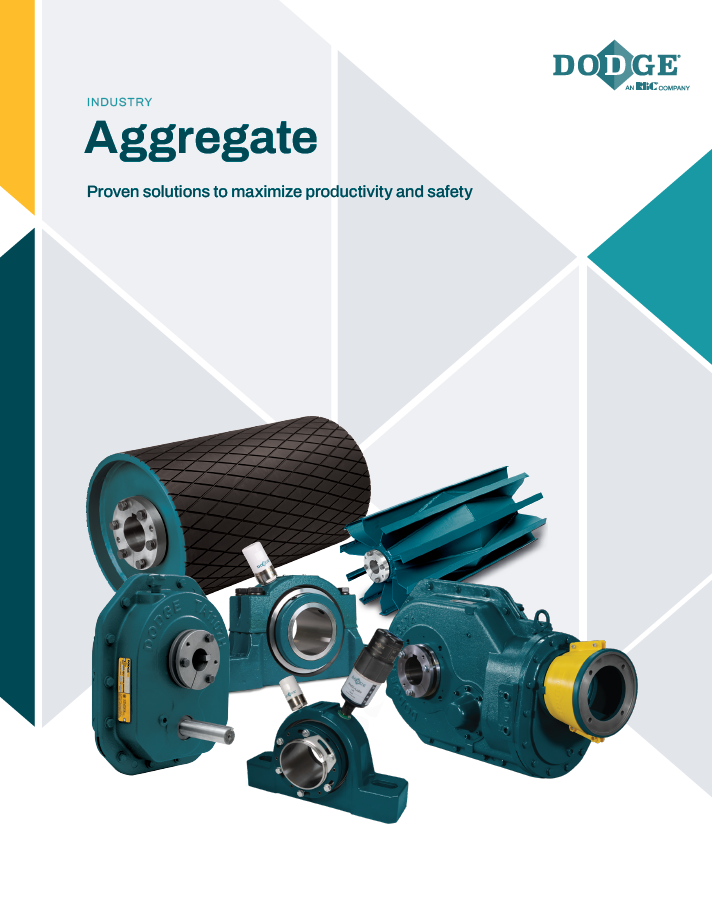Process Control Training—Simulators Are Only Half the Story
PERFORMANCE ASSOCIATES INTERNATIONAL
With
reference to greenfield plant projects, using process simulators similar to the
designed plant Human-Machine Interface (HMI) or Distributed Control System (DCS)
has become common practice. These simulators represent a “virtual plant” based
on process modeling of the circuit chemistry and thermodynamics, and on the physical
nature of the plant, including equipment, valves, piping, etc. The virtual plant
allows trainees to troubleshoot problems, optimize process variables, react to alarms,
etc., all based on the process simulation model. Performance
Associates’ experience is that this complex simulator training is valuable, but
only after more in-depth training on the process and control logic. To truly optimize
a process plant, prior to simulator training, the control room operators must have
detailed knowledge of the following:Process objective
of each process system, comprising a group of unit operations.Process objective
of each unit operation.Process chemistry
and the variables affecting it.Important
characteristics of each unit operation, the variables affecting it, and the impact
on downstream unit operations.Plant control
loops, interlocks, and alarms.Safety issues
related to the process and control schemes.Operating
procedures for start-up and shutdown under various scenarios, as well as
important operator tasks.Additionally,
trainees must be intimately familiar with the applicable fundamental scientific
concepts, such as pressure, temperature, heat exchangers, electricity, PID control
logic, combustion, etc. With this fundamental and plant-specific foundation, the
process simulator can be fully exploited for training.




























